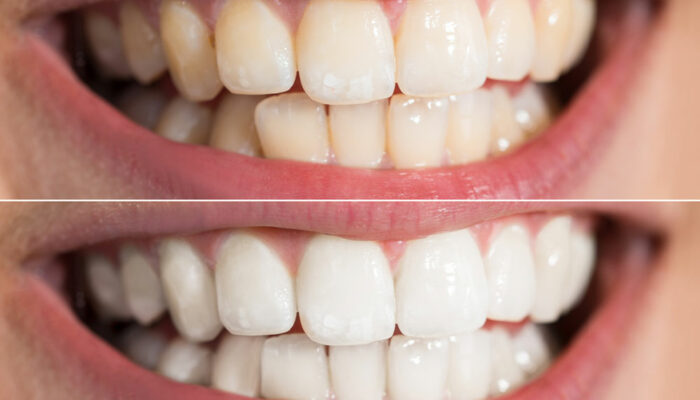
Risk Factors for GERD That Shouldn’t be Ignored
Gastroesophageal reflux disease (GERD) is a condition where the stomach contents move up the esophagus, causing heartburn and pain. There are a lot of risk factors for GERD, a few of which are mentioned below.
1. Weight
People who are overweight have excess fat deposits. These fatty tissues put pressure on the stomach and force the contents of the stomach to move up. Excessive weight is one very common risk factor for GERD.
2. Pregnancy
Pregnancy is another risk factor for developing this condition. As pregnancy proceeds, the uterus grows and starts pushing the stomach higher. This can trigger heartburn. In fact, heartburn is one of the common symptoms of pregnancy. Thankfully, this condition will resolve by itself after delivery.
3. Smoking
Smoking weakens the nervous system and the various muscles. It also weakens the lower esophageal sphincter (LES). The LES is located at the end of the esophagus and helps prevent the flow of contents from the stomach to the esophagus. When this group of muscles get weak, up-flow becomes easy. Smoking is a preventable risk factor for GERD.
4. Existing hiatal hernia
Hiatal hernia is a condition when a part of the stomach gets inflamed and bulges outside, pushing through the diaphragm. A hiatal hernia may increase the risk of developing GERD.
5. Existing motor abnormalities
Motor abnormalities are defects or compromised performance of certain parts that may increase the risk of developing GERD. Here are such abnormalities to consider.
- Defective resting tone of LES
- Delayed gastric emptying process
- Improper esophageal acid clearance rate
6. Esophageal motility disorder
This is a condition that acts as a risk factor for developing heartburn. In people with this condition, the esophageal muscles are not able to contract and relax properly, and this can lead to gastric problems.
7. Medications
People who consume certain kinds of medications are at a higher risk of developing GERD. If you are consuming the below medications, you should note the signs of heartburn.
- Blood pressure medications
- Antidepressants
- Asthma medications
8. Nervous system problems
Certain nervous system problems can weaken the LES muscles and can increase the risk of gastroesophageal reflux disease. Treating the disorder can bring relief to the problem.
9. Genetic changes
This is an uncontrollable risk factor for developing gastroesophageal reflux disease. Single Nucleotide Polymorphism in the below genes has been strongly associated with an increased risk of developing GERD.
- FOXF1
- CCND1
- MHC
People with genetic variations in these genes may develop reflux even after following healthy lifestyle habits and diet. Genetic testing can indicate if a person has a normal or an increased risk of GERD because of their genes.



